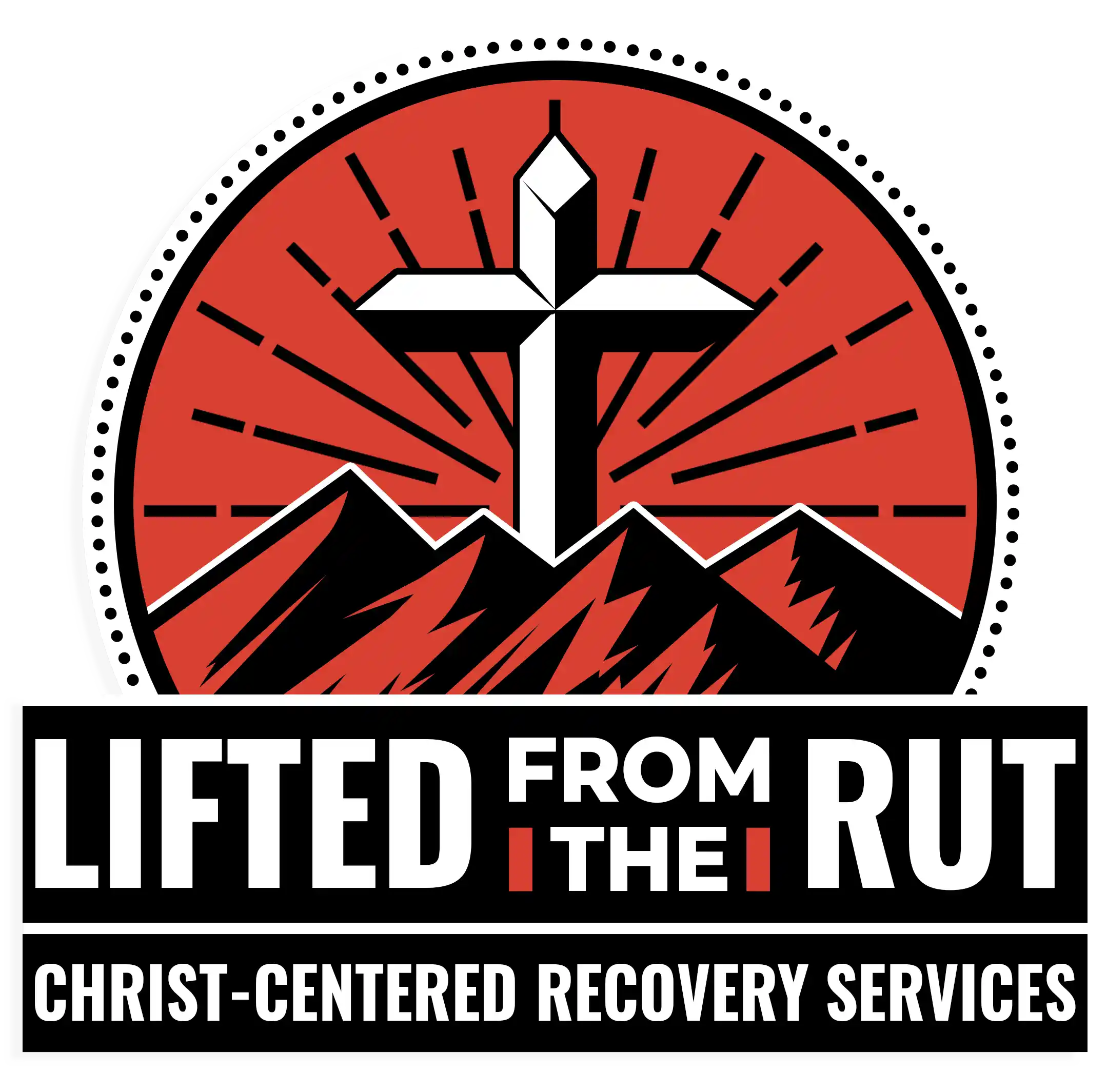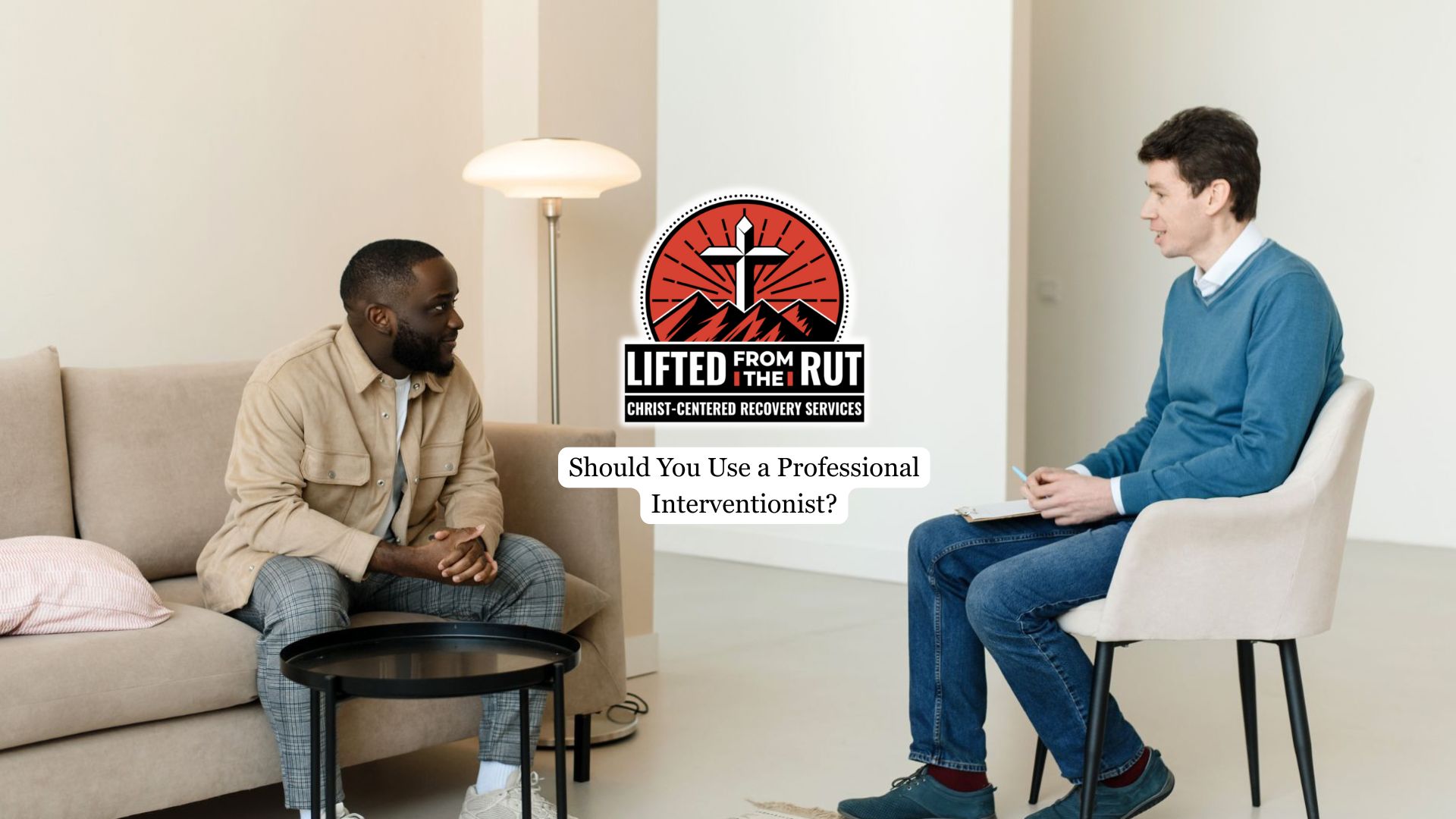When a loved one struggles with addiction or mental health challenges, families often face confusion, pain, and uncertainty about how to help. One option is to engage a professional interventionist—an expert trained to guide families through the delicate process of encouraging treatment and recovery. This article explores the role and benefits of professional interventionists, considerations for choosing one, and how their work can align with faith-based values.
The Role of a Professional Interventionist
Professional interventionists are trained specialists who help families and individuals address addiction or mental health issues by facilitating structured interventions. Their role includes assessing the situation, educating the family about addiction and recovery, planning and conducting the intervention, and connecting the individual to appropriate treatment resources. They also help families understand enabling behaviors and how to set healthy boundaries to support recovery.
You will benefit from their ability to remain neutral, which helps manage the intense emotions and communication patterns that often surface during interventions.
By guiding your family in setting healthy boundaries and clear consequences, the interventionist prepares everyone for the possible reactions your loved one might have. Using established models like Johnson or Love First, they will create a customized strategy aimed at promoting acceptance of help.
Beyond the intervention itself, these trained specialists may provide ongoing support and resources to the family to navigate the complex emotional dynamics involved.
Benefits of Hiring a Professional Interventionist
Hiring a professional interventionist offers several key advantages:
- Expertise and experience: Interventionists have specialized training in addiction and mental health, enabling them to recognize patterns, manage resistance, and design effective intervention strategies.
- Objective mediation: Their neutrality helps prevent family conflicts and enables clear, compassionate communication focused on recovery rather than blame.
- Comprehensive support: They educate families on addiction’s impact, help identify enabling behaviors, and provide guidance on setting boundaries, which are crucial for long-term recovery.
- Access to resources: Interventionists have knowledge of treatment options and can coordinate immediate access to rehabilitation or therapy programs, facilitating a smoother transition to care.
- Emotional guidance: They support both the individual and family members emotionally, helping them cope with trauma, codependency, or other mental health issues related to addiction.
From a faith-based perspective, these benefits align with principles of compassion, stewardship, and community support, enabling families to act lovingly and wisely in challenging circumstances. Faith-based addiction treatment differs from standard treatment primarily in its core philosophies, therapeutic approaches, and the role of spirituality in recovery.
When Should You Consider a Professional Interventionist
You should consider a professional interventionist when your loved one is stuck in denial and refuses to acknowledge their substance use or mental health issues. If you and your family feel overwhelmed, helpless, or unable to cope, these experts provide the guidance and structure you need.
Professional interventionists are essential when your loved one is struggling with co-occurring mental health disorders, as they can customize strategies for both concerns.
If previous attempts to intervene have failed, a professional’s tailored approach might finally break through. Sometimes, the situation involves complex emotional dynamics, enabling behaviors, or co-occurring mental health disorders that require neutral facilitators.
Finally, if your loved one shows dangerous behaviors or their health is rapidly declining, do not wait—getting help from a professional interventionist ensures safety and access to timely treatment.
Faith communities often emphasize the importance of timely and compassionate action to restore health and wholeness, making professional interventionists a practical resource when prayer and pastoral support alone are insufficient.
While medical treatment and therapy are essential components of recovery, faith introduces a powerful spiritual dimension that addresses the deeper needs of individuals seeking healing and wholeness. Integrating faith into recovery provides a foundation of hope, purpose, and resilience. It serves as a moral compass, guiding people toward healthier choices and fostering self-reflection, honesty, and compassion.
Faith-based addiction treatment offers several unique benefits that can significantly enhance the recovery journey. One major advantage is the opportunity to reconnect with a higher power, which can instill a renewed sense of purpose and direction, helping individuals draw strength and resilience during challenging times. It allows participants to overcome guilt and self-blame, paving the way for hope and self-acceptance.

Potential Drawbacks and Considerations
Although bringing in a professional interventionist can greatly improve the intervention process, it’s important to weigh certain drawbacks before making a decision.
The cost of professional help varies, and fees can be substantial. Hiring a professional can be expensive, and not all families have access to these resources.
You may also feel a loss of control over the process as the interventionist leads discussions and sets boundaries. Interventions can be emotionally charged and may temporarily strain family relationships.
Even the best interventionist cannot guarantee that the loved one will accept help or succeed in recovery. Sometimes, the person needing help may see the intervention as intrusive, potentially increasing resistance or creating a rift with loved ones.
Moreover, not all interventionists incorporate faith-based approaches, so families seeking spiritual integration should look for those who respect and incorporate their beliefs.
Balancing these factors with the urgency of the situation and the family’s values is important when deciding whether to engage a professional interventionist.
How to Choose a Professional Interventionist
When hiring a professional, begin by verifying their credentials and experience in treating addiction and mental health cases. Ask about the different intervention models they use—such as Johnson, Arisen, or Invitation—to see which best matches your family’s dynamics and your loved one’s needs. It is also wise to determine if the interventionist collaborates with a broader team of professionals, which can enhance care options.
You seek referrals by asking trusted healthcare providers, faith leaders, or support groups for recommendations. Ensure that your interventionist respects your faith and values, particularly if spiritual integration is important to you.
Always assess their ethical guidelines and ensure they are committed to prioritizing both the individual’s and your family’s well-being. Confirm what phases of the intervention process they cover and their availability for follow-up support.
Choosing an interventionist who aligns with your family’s spiritual beliefs can enhance the healing process by integrating faith-based encouragement with professional expertise.
What to Expect: The Intervention Process
The intervention process typically includes several phases:
- Initial inquiry and assessment: The interventionist evaluates the individual’s situation, addiction severity, and family dynamics.
- Education and preparation: Families learn about addiction, enabling behaviors, and how to set boundaries.
- Team building: The interventionist assembles and coaches a team of family and friends to participate in the activity.
- Planning the intervention: A structured plan is developed, including what will be said and the treatment options that will be presented.
- Conducting the intervention: The interventionist facilitates the meeting in a safe, neutral environment.
- Connecting to treatment: Immediate arrangements are made for the individual to enter a treatment program.
- Follow-up support: The interventionist may provide ongoing guidance to the family and individual as recovery begins.
In a faith-based context, prayer, pastoral counseling, and spiritual support can be integrated throughout these phases to provide holistic care.
Alternatives to Professional Interventionists
Several alternatives to professional interventionists can effectively address a loved one’s addiction. You might start with a simple intervention—an honest, informal conversation in which you express your concerns. Family systems interventions involve the whole family, helping everyone heal together rather than focusing on one person.
Additionally, you can tap these alternatives if hiring a professional interventionist is not feasible or desired:
- Faith leaders and pastoral Counselors: Many churches offer counseling and support for addiction and family crises.
- Support groups: Groups such as Al-Anon or Celebrate Recovery, offer peer support and education.
- Therapists or counselors: Mental health professionals can assist with family dynamics and individual treatment planning.
- Community resources: Some nonprofit organizations offer intervention services or referrals at reduced cost.
While these alternatives can be valuable, professional interventionists bring specialized skills and objectivity that often increase the likelihood of successful outcomes.
Final Thoughts from LFTR Christ-Centered Recovery Services
If you or someone you love is struggling with addiction, taking the first step toward recovery can feel overwhelming, but you do not have to face it alone. At LFTR Christ-Centered Recovery Services in Littleton, Colorado, our Intervention Service is designed to bridge the gap between denial and hope. Rooted in Christian values and evidence-based practices, our experienced team guides families and individuals through a respectful, non-confrontational intervention process tailored to your unique needs.





